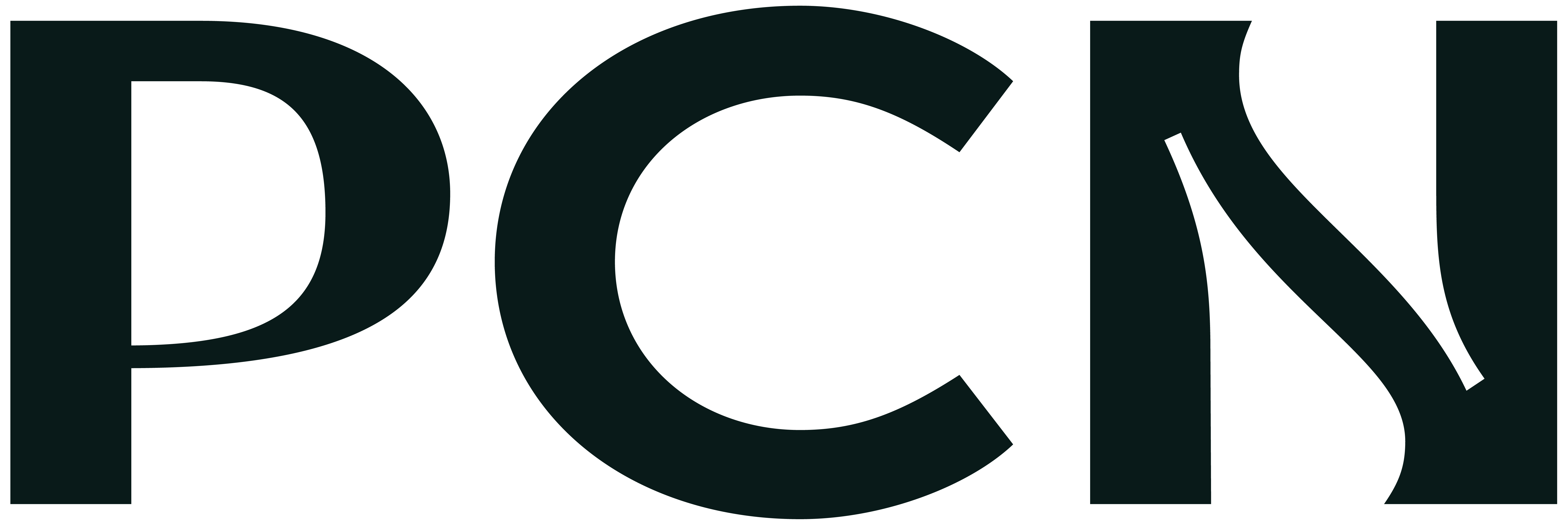At such a volatile time, trying to predict what the world of recruitment will look like in 2021 might seem an impossible task. But there are trends already starting to form, and trends that have even weathered the storm of the recent pandemic, that point towards what companies, candidates and recruiters will all be looking at in 2021.
Here are a few of my predictions:
Candidates will ask for home working and flexibility
Having been made to work from home, many people have experienced a work/life balance never before attainable – and they are very likely to want to maintain this flexibility at least some of the time. Expect candidates in 2021 to assume that (so long as it’s feasible) roles come with the possibility for home-working as standard. You may now no longer be able to claim this as a unique ‘perk’ of your organisation, either.
Location, location, location… is no longer so critical
Now that the technological infrastructure is in place to support remote working en masse, and managers are used to supporting teams in different locations, employers may no longer specify the need to come into the office at all. We’ll likely see an increase in people from all over the UK working for companies with offices in completely different cities.
So digital skills will be even more sought after
To support said technological infrastructure, and ongoing digital transformations that will now be more important than ever, digital skills will be increasingly sought after. This doesn’t only mean an increase in IT roles, but also probably an assumption that new hires will be digitally literate.
And soft skills will be deemed equally important
Soft skills such as collaboration, critical-thinking and communication will continue to be prized in the same way technical skills are. Soft skills are an essential part of what makes someone great in-role, and being able to trust someone to be motivated and disciplined when away from the office will likely be of great significance in 2021.
Employer branding will be increasingly important
Employer branding – the way you are perceived by employees and potential hires – has long been used to differentiate employers and attract great talent. This was critical in the candidate-driven market pre-pandemic, and will remain so even though the landscape has dramatically shifted. New hires will be looking for organisations they can trust, that treated their employees fairly during this period, that adapted well to change and have contingency plans for the future. Don’t be surprised if these queries crop up at the “do you have any questions for us?” portion of interviews.
A predictable continuous rise in recruitment automation
According to a CareerBuilder survey, 72% of employers believe that within the next 10 years, some roles within talent acquisition will be automated. As many as 50% of firms already use AI to source and screen candidates, but HR managers still lose an average of 14 hours a week on tasks that could be automated. It therefore seems likely that automation will continue to increase, though it shouldn’t be used to replace the human elements of recruitment or the experience of hiring managers and recruiters, or else your candidate experience could end up feeling very clinical.
If you’d like to know more about recruitment trends alongside tips for hiring managers and in-house recruiters, please take a look at the Optimum Recruitment blog. If you’re a hiring manager looking for support in these challenging times, you are also more than welcome to reach out to me personally, or get in touch via our website for an informal chat.
Source: Optimum

